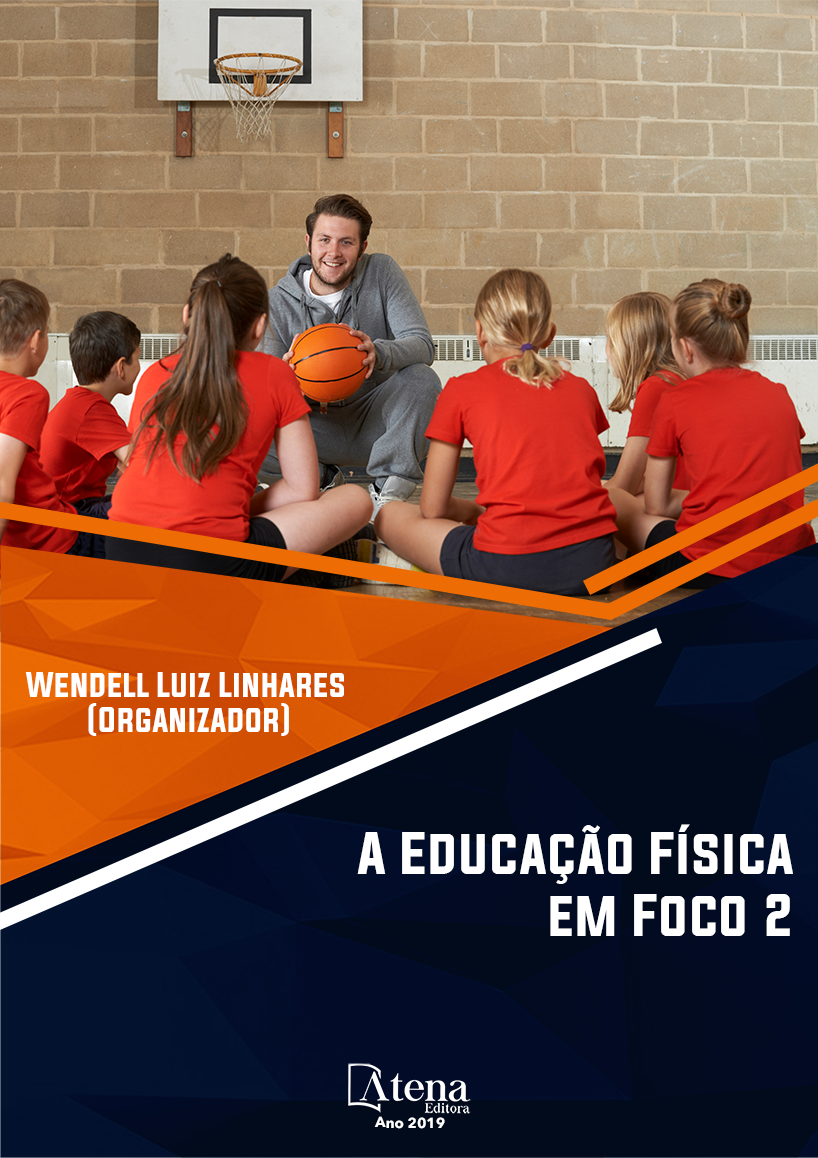
EDUCAÇÃO FÍSICA ESCOLAR: NOVOS TEMPOS E ESPAÇOS
O presente artigo perpassa por
uma análise sobre o componente curricular
Educação Física pós década de 80, período
marcado por novas concepções pedagógicas
e tendências, na busca de uma identidade,
originando uma mudança significativa
nas políticas educacionais quando de sua
obrigatoriedade, o que é destacado nas bases
legais que sustentam o referido componente no
âmbito escolar. Destarte, cabe ao professor e
a escola valorizar o currículo a fim de tornar o
aluno um sujeito ativo, assegurando as vivências
práticas, as múltiplas possibilidades da cultura
corporal de movimento, com base na realidade
social e, sobretudo, na formação integral (corpo
e mente), concorrendo para que o referido
componente, consubstanciado à pedagogia,
contribua no processo de aprendizagem em
todos os níveis da Educação Básica. Portanto,
o objetivo deste estudo é provocar a reflexão
sobre a dimensão da Educação Física na
escola, assumindo o compromisso precípuo
com a tarefa educacional de desenvolvimento e
formação do aprendente, numa perspectiva da
cultura corporal contextualizada e interpretada,
para além dos esteriótipos e ressignificando
os tempos e os espaços. A Educação Física
necessária é aquela que propicia e amplia o
conhecimento da (e sobre a) cultura corporal
do movimento no interior da escola. Afinal, o
conhecimento é a blindagem necessária na
promoção dos sujeitos e na perspectiva do ser
mais (FREIRE, 2018).
EDUCAÇÃO FÍSICA ESCOLAR: NOVOS TEMPOS E ESPAÇOS
-
DOI: 10.22533/at.ed.5351905075
-
Palavras-chave: Educação Física Escolar. Concepções Pedagógicas. Valorização Curricular.
-
Keywords: Physical School Education. Pedagogical Conceptions. Curricular valorization.
-
Abstract:
This article presents analysis
on the curricular component of Physical
Education after the 1980s, a period marked
by new pedagogical concepts and tendencies,
in the search for an identity, leading to a
significant change in educational policies when
it is mandatory, which is highlighted in the legal
bases that support this component in the school
context. Thus, it is up to the teacher and the
school to value the curriculum in order to make
the student an active subject, assuring the
practical experiences, the multiple possibilities
of the body culture of movement, based on
social reality and, above all, This component
contributes to the learning process at all levels of Basic Education. Therefore, the
objective of this study is to provoke reflection on the dimension of Physical Education in
the school, assuming the primary commitment with the educational task of development
and formation of the learner, in a perspective of the contextualized and interpreted
corporal culture, beyond the stereotypes and changing the meaning of time and spaces.
The necessary physical education is one that provides and expands the knowledge
of (and over) the body’s movement culture within the school. After all, knowledge is
the necessary shielding in the promotion of subjects and in the perspective of being
something more (FREIRE, 2018).
-
Número de páginas: 15
- Enéas Machado
- Rafael Feijó Torres
- Sandra Regina Trindade de Freitas Silva


